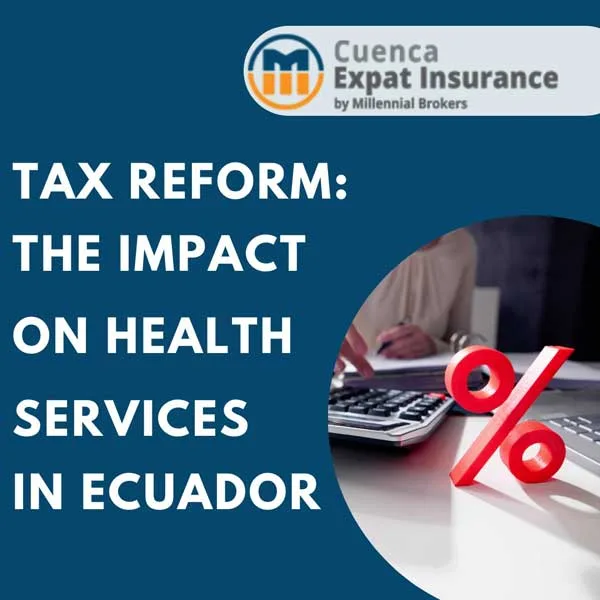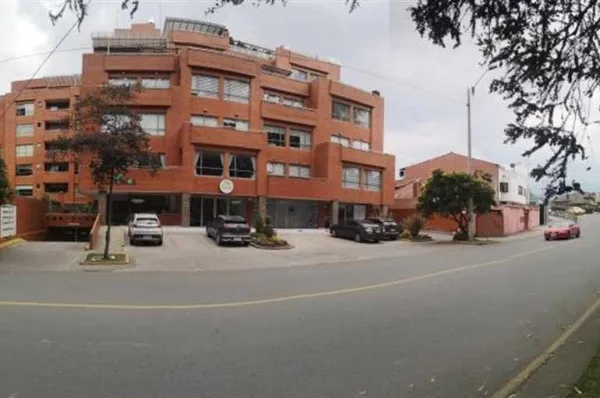Latin America’s biggest democracies make mistake by not condeming Russian invasion
By Andres Oppenheimer
Latin America’s biggest democracies are making a huge mistake in failing to denounce, without ambiguity, Russia’s invasion of Ukraine — and in not imposing even symbolic![]() sanctions on dictator Vladimir Putin. They not only are on the wrong side of history, they’re also on the wrong side of their own economic interests.
sanctions on dictator Vladimir Putin. They not only are on the wrong side of history, they’re also on the wrong side of their own economic interests.
The leaders of Brazil, Mexico and Argentina have refused to join the democratic world’s economic sanctions against Putin; they have not suspended military, cultural and sports agreements with Russia to protest its unjustified invasion of Ukraine. In some cases, they are even allowing groups within their own ruling parties to support Russia publicly.
On March 23, about half a dozen legislators from Mexican President Andrés Manuel López Obrador’s leftist Morena party, alongside congressmen from other parties, created a “Mexico-Russia Friendship Committee” at the Mexican Congress.
Russian ambassador Viktor Koronelli was the honored guest at the ceremony, where he praised López Obrador’s self-proclaimed neutrality on the conflict. Koronelli celebrated that, “Mexico will never join anti-Russian sanctions,” and that “across the world, there are countries like China, like India, like Mexico, that will never say “Yes, Sir” to Uncle Sam’s orders.”
That same day, López Obrador said in his daily press briefing, that, “Our posture is neutrality.”

On March 25, Mexican President Andrés Manuel López Obrador rejected allegations by a senior U.S. military official that there are more Russian spies in Mexico than anywhere else in the world.
It’s pathetic that Latin America’s Jurassic left claims to be “anti-imperialist” and a champion of “national sovereignty,” while at the same time siding with or ignoring Russia’s full-scale military invasion of a sovereign country whose president, Volodymyr Zelenskyy, was freely and fairly elected with 73% of the vote.
At the inaugural ceremony of the Mexico-Russia Friendship Committee, the Russian ambassador got the privilege of a podium to spread Russia’s blatant lies.
Putin lied when he said only weeks ago that he was not going to invade Ukraine and that such claims were part of a U.S. disinformation campaign. He lied when he said that Ukraine is ruled by Nazis. Ukraine’s president, in fact, is Jewish. Now, he is lying when he says that the Russian military is not bombing civilian buildings, schools and hospitals in Ukraine.
It’s hard to imagine that Mexico’s ruling party would have allowed the creation of this friendship group without López Obrador’s blessing.
The presidents of Brazil and Argentina visited Putin at the Kremlin this year and appeared, smiling, in pictures with the Russian dictator.
To be fair, Brazil, Mexico and Argentina have voted twice in recent weeks, alongside other world democracies at the United Nations General Assembly, for resolutions to “deplore” Russia’s invasion of Ukraine. But their presidents continue to send ambivalent messages about Russia’s aggression.
Latin American democracies should at the very least take symbolic measures against Putin, including suspending cultural and sports events. That would not only be the right thing to do, but also would serve their nation’s interests.
The new world order in the post-Ukraine war era will be one of two clearly defined blocs of nations: one that sides with democracy and respect for nations’ right to choose their own destiny; and the other that sides with Russia and Soviet-era imperialism.
And the first bloc will be, at least in the near future, the one that is economically strongest.
The newly strengthened alliance of the United States, Britain, the 27 European Union members, Japan, Taiwan, South Korea and Australia, among others, together accounts for 59% of the world’s economy, according to a March 18 report in The Wall Street Journal, based on International Monetary Fund data.
Russia, by comparison, amounts to about 3% of the world’s GDP, and its allies are some of the world’s poorest countries, such as Nicaragua and Venezuela. Even if China were to become a full-fledged ally of Putin, which is doubtful considering China’s heavy dependence on Western trade, an alliance of China, Russia and their allies would only account for about 25% of the world’s economy.
The U.S.-Europe-Japan democratic bloc has learned a lesson from Russia’s invasion and will be increasingly wary of depending on trade with politically unreliable countries.
We are moving, at least for the foreseeable future, into a world of “friendly” trade blocs. And Latin America’s biggest democracies are risking being left on the margins — or out of the biggest bloc.
____________________
Credit: The Miami Herald


















